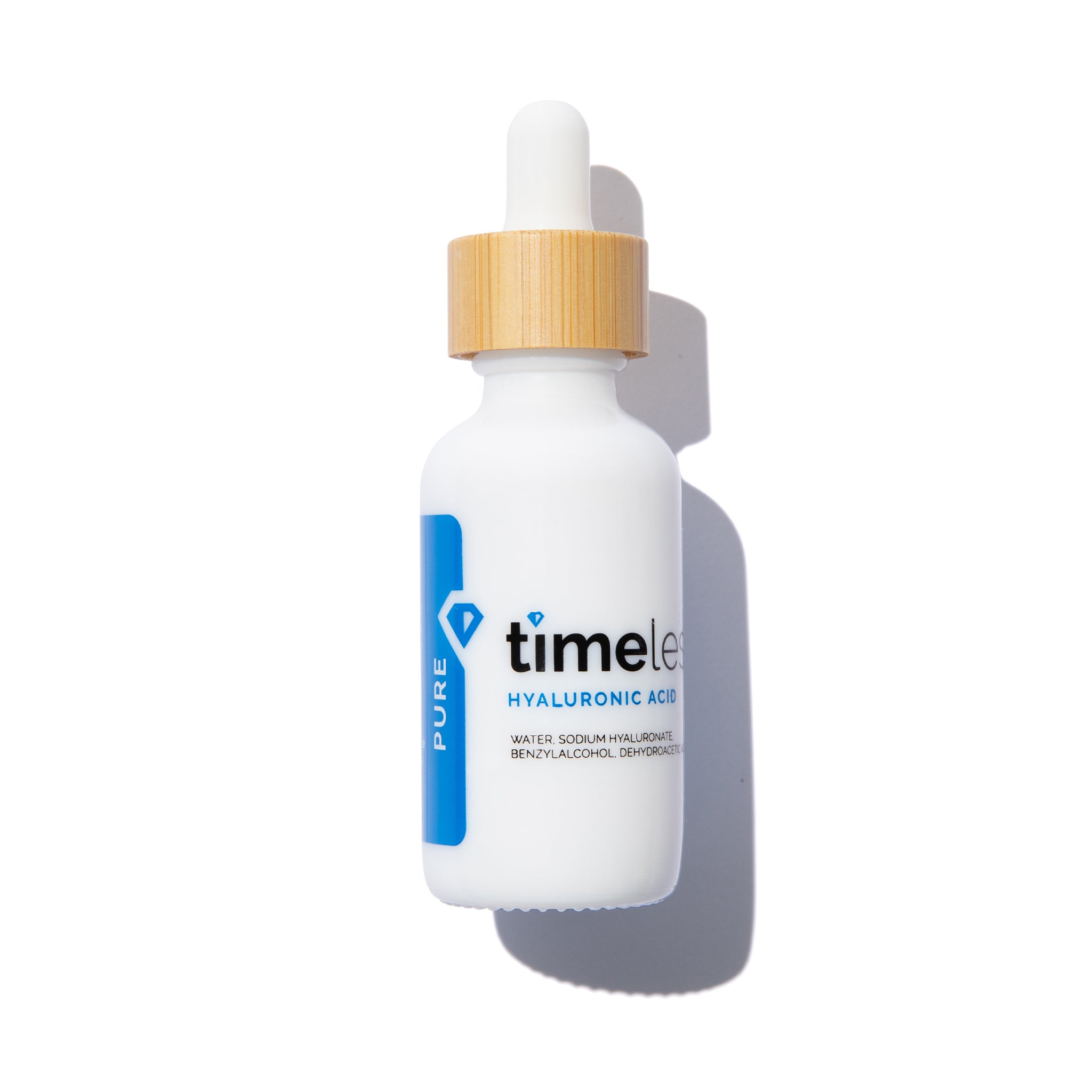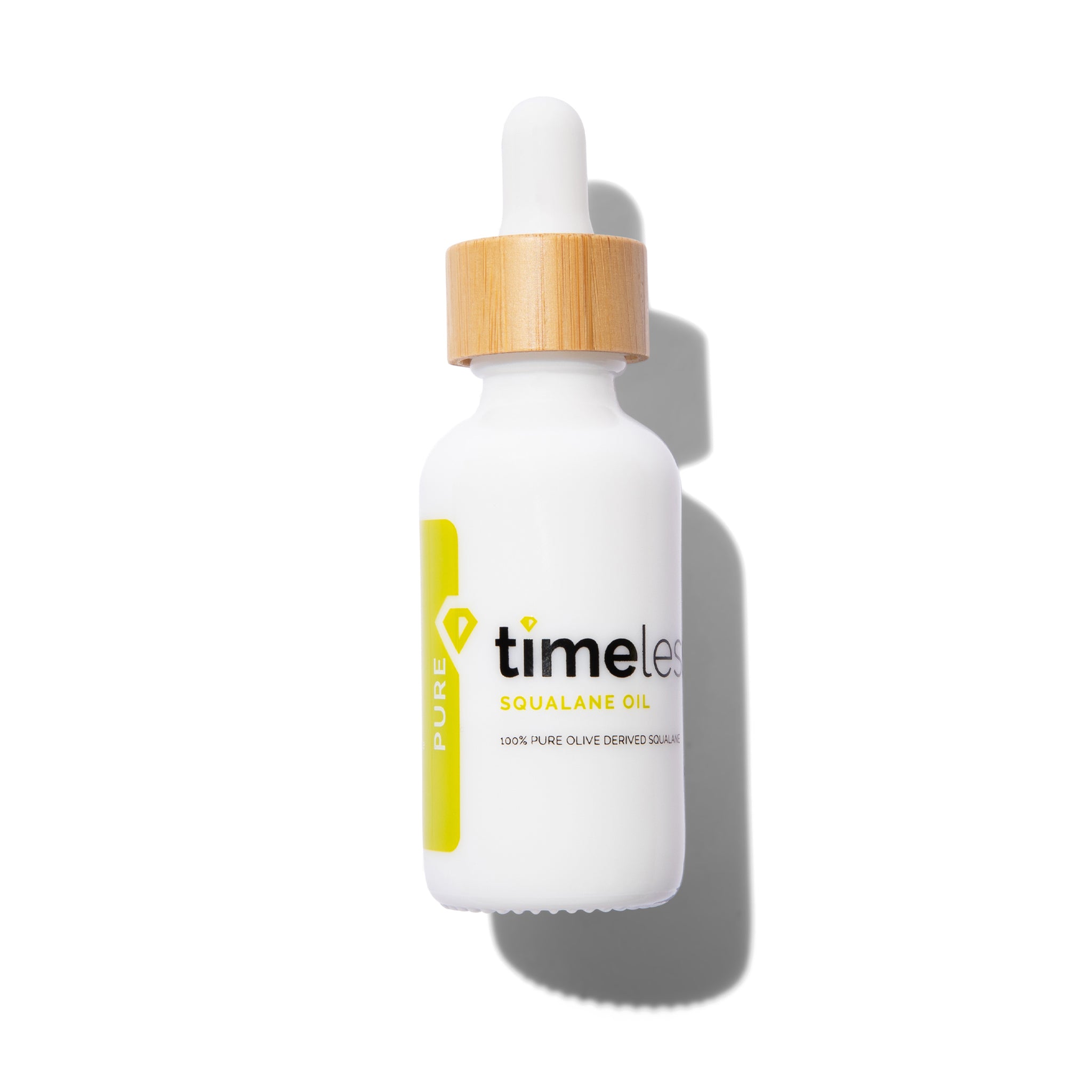You do everything you can to take great care of your skin. Unfortunately, that is no guarantee that you will never experience a breakout. Rather than spend time feeling frustrated at a sudden spray of pimples on your face, it’s better that you get to the bottom of why your breakouts are happening in the first place. That way, you know just what to do to lessen your chances of breaking out again in the future. Get answers to the question of, “Why am I breaking out?”
Products You Use on Your Hair
Your hair products may be to blame for your skin problems. What happens is that any oils you use in your hair can trickle down onto your forehead and nose. If that happens, bacteria that causes acne can become trapped in your pores, which can lead to breakouts. Even if you do your best to keep the oil from coming into contact with your skin, the same can still happen if your hair comes into direct contact with your pores. It’s best to use your hands to apply hair styling products rather than a spray bottle. Make sure you use a facial cleanser wipes afterward to get rid of anything that may be left on your skin.
Spot Treatments
If it’s only a single zit, you may be tempted to use a spot treatment on that specific area. While this strategy is understandable, you may be doing more harm than good. Most acne spot treatments dry out the skin, but using them too much can put your skin’s oil production into overdrive, which is one of the reasons for breaking out. Rather than dry the breakout out, it’s better to use something like a 1% hydrocortisone cream.
Natural Hormones
Just because you’re no longer going through puberty does not mean you are done dealing with your hormones. Breakouts triggered by hormones are especially prevalent with women, especially those who are pregnant or who either start or stop taking birth control. Women who know they are prone to breaking out because of their birth control should use helpful products that contain ingredients like hyaluronic acid serum, which moisturizes the skin and gives it a youthful glow. The main focus is to get control of your skin’s oil production, which is what causes acne. Specifically, it’s best to take action about a week before your period.
dealing with your hormones. Breakouts triggered by hormones are especially prevalent with women, especially those who are pregnant or who either start or stop taking birth control. Women who know they are prone to breaking out because of their birth control should use helpful products that contain ingredients like hyaluronic acid serum, which moisturizes the skin and gives it a youthful glow. The main focus is to get control of your skin’s oil production, which is what causes acne. Specifically, it’s best to take action about a week before your period.
Stress
The stress you’re going through could be causing more problems than you realize. This ties back to hormones, because stress triggers the production of a hormone known as cortisol. This unique hormone and the stress is heaps on you can make you feel older than you are, making you want to reach for squalane oil, which is great for getting rid of lines and wrinkles and making your skin more elastic. Find effective ways of dealing with your stress, and recognize what triggers your stress in the first place. That way, you can get ahead of stress and the breakout that can come with it.
This ties back to hormones, because stress triggers the production of a hormone known as cortisol. This unique hormone and the stress is heaps on you can make you feel older than you are, making you want to reach for squalane oil, which is great for getting rid of lines and wrinkles and making your skin more elastic. Find effective ways of dealing with your stress, and recognize what triggers your stress in the first place. That way, you can get ahead of stress and the breakout that can come with it.
Removing Unwanted Facial Hair
During your endeavors to boost your confidence by getting rid of unwanted facial hair, you can give yourself another issue to deal with. Shaving, waxing, tweezing and the like can drive skin cells and bacteria into the skin, where they can later flare up in the form of acne. Some products used either before or after skin-removal treatments can also cause breakouts, especially if those products clog the pores. To combat breakouts caused by getting rid of facial hair, wash your face to get rid of any bacteria and oil already present before ridding yourself of hair. You should also switch to removal products labeled “noncomedogenic,” which means they won’t clog your pores.
Switching or adding skin care products
The very products you use to prevent breakouts could be what’s causing them. Specifically, switching to a new product or adding a new could, essentially, overwhelm your skin. You want to give new products a chance to work before you stop using them or switch to something different. In regards to adding new products, you could strip your skin of what it needs to look its best.
Take a close and careful look at the ingredients in the products you use in your skincare routine. Then, do some research on the active ingredients to see how they all interact with each other. There is such a thing as too much of a good thing when it comes to acne-fighting ingredients.
So, how do you keep from giving your skin too much to process? It’s best to strip your current routine down to just one or two products, both of which should be aimed at someone with your specific skin type and problem areas. Wait four to six weeks to give your skin the time it needs to adjust to the products. Besides lowering your chances of breaking out, reducing the number of products you use can save you a lot of money.
You Touch Your Face
How many times a day do you touch your face? Worse yet, how often do you try to burst your own pimple? Either way, you could be making your skin and the situation on it worse, mainly by potentially pushing the acne-causing bacteria deeper into your skin. Even if you aren’t trying to pop a pimple, simply touching your face can transfer any bacteria on your skin onto your face. Do everything you can to refrain from touching your face and letting your breakouts heal without the aid of your hands. If you absolutely have to touch your face for whatever reason, at least thoroughly wash your hands first.
Makeup Removers
It’s not necessarily the makeup you use that could be causing the problem, which is a possibility, but how you remove your makeup. It’s best to be as thorough as possible while rubbing makeup off your face. If you use mineral makeup, don’t be under the false impression that you don’t need to wash your face as thoroughly. Give your face a complete wipe down at night, just make sure you use a gentle touch. If you use wipes to take off makeup, look for noncomedogenic products.
Smoking
Firing up a cigarette chokes off the supply of oxygen to your skin, which could be the reason why you’re breaking out. What’s more is that smoking can eat away at your skin’s overall elasticity and collagen, making you look older than you actually are. When your skin is dry and doesn’t have the fresh air it needs to thrive, it can start to break out in response. Quitting smoking may be easier said than done, but doing so can save your skin, and save you money at the same time.
City Pollution
Do you live in an area where you’re constantly hearing about poor air quality warnings? Or maybe you can physically see pollution hovering over the city. Going out for a walk to get some “fresh” air could cake your face in a layer of grit and grime that clogs your skin. Alone, you may not be able to do much about your area’s air pollution. What you can do is get into the habit of washing your face whenever you come back from being outside in the city for more than half an hour.
The Food You Eat
Some of the foods you enjoy could be great for your body, but horrible for your skin. For instance, peppers and tomatoes contain an ingredient known as acidic lycopene. What this ingredient can do is irritate your skin to the point where you break out, mainly because your pH levels are out of whack. Additionally, your skin could be sensitive to foods like gluten or dairy. If you notice that your skin breaks out after eating certain foods, schedule an appointment with a dermatologist to see if you can’t figure out the mystery together. Know that you may have to go to a gastroenterologist to determine if it’s your diet that’s bothering your skin.
Your Travel Plans
If you do a lot of traveling, your jet setting could be throwing off your skin. What happens is that the shift in humidity, weather, and water can “confuse” your skin. Your skin isn’t used to the new environment and may react by breaking out. Bring your usual skin care products with you while you travel, but be sure to use bottled water rather than water from the faucet.
You Wash Your Face Too Much or Not Enough
You have to be careful that you don’t wash your skin so much that you dry it out too much. Also, when you do wash your face, take it easy; there’s no need to scour your acne away. Pay close attention to whether your skin care products contain ingredients that can grind at your skin. You definitely want to exfoliate, but you want to take care of what’s on the surface, not what’s several layers deep.
Keep these ideas in mind as you learn more about the reasons for breaking out. Hopefully, you’ll experience fewer breakouts and the frustration that often comes with them.
















